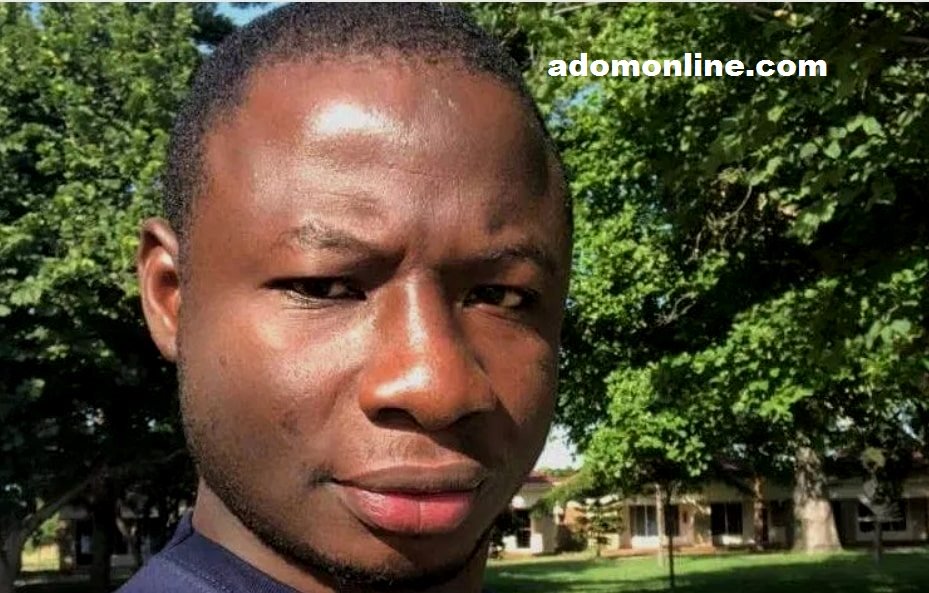The Chairperson of the African Media Convention (AMC), Churchill Otieno, has said that 14 journalists were killed in Africa between January 2023 and May 2024.
Mr. Otieno, who is also the President of the African Editors Forum (Taef), added that as of December 1, 2023, 67 journalists have been jailed for doing their work and charged journalists not to be silent about these issues but rather engage and collaborate to champion positive change.
He made this known during the Third African Media Convention held at the International Conference Centre, Accra.
He noted that those who died were from Zimbabwe, Mozambique, Somalia, Sudan, Nigeria, Mali, Rwanda, and Cameroon.
He further called for fair remuneration for journalists and media professionals for their invaluable work, adding that “we must take a stand, and we must advocate for fair composition mechanisms, including equitable revenue sharing models and copyright reforms, to ensure that journalists are adequately rewarded for their contributions.”
Mr. Otieno explained that championing fair propositions would not only uphold the dignity and livelihood of journalists but also fortify the foundation of a sustainable and driving media ecosystem so that Africa could indeed tell its own story.
He said restricted access to data hindered journalists who relied on data for in-depth reporting and for investigating journalism in this digital age when social networks had become crucial sources of information.
He advocated greater transparency and accountability to ensure journalists have access to the data they need to tell the African story and to hold those in power accountable and serve the public interests.
“By advocating for access to social media data, we empower journalists to fulfil their vital role as watchdogs of society and strengthen the foundations of media, freedom, and the foundations of our democracies,” he stated.
He said artificial intelligence technologies had the capacity to enhance the journalistic workforce, automate repetitive tasks, and personalise content delivery to diverse audiences, noting that the challenges and risks associated with them, including job displacement, cannot be ignored.
He said African media professionals must engage critically with AI, ensuring that its development and employment are guided by ethical principles, transparency, and accountability.
Mr. Otieno stated that by harnessing the power of AI responsibly, the opportunities of innovation could be unlocked to improve the quality of journalism and advance media freedom across the continent.
He called for knowledge sharing and the exchange of ideas to strengthen and collectively resolve, safeguard media freedom, and promote excellence in journalism.
He stressed the need to leverage new technologies, explore innovative storytelling methods, and form partnerships that amplify the voices of the voiceless.

